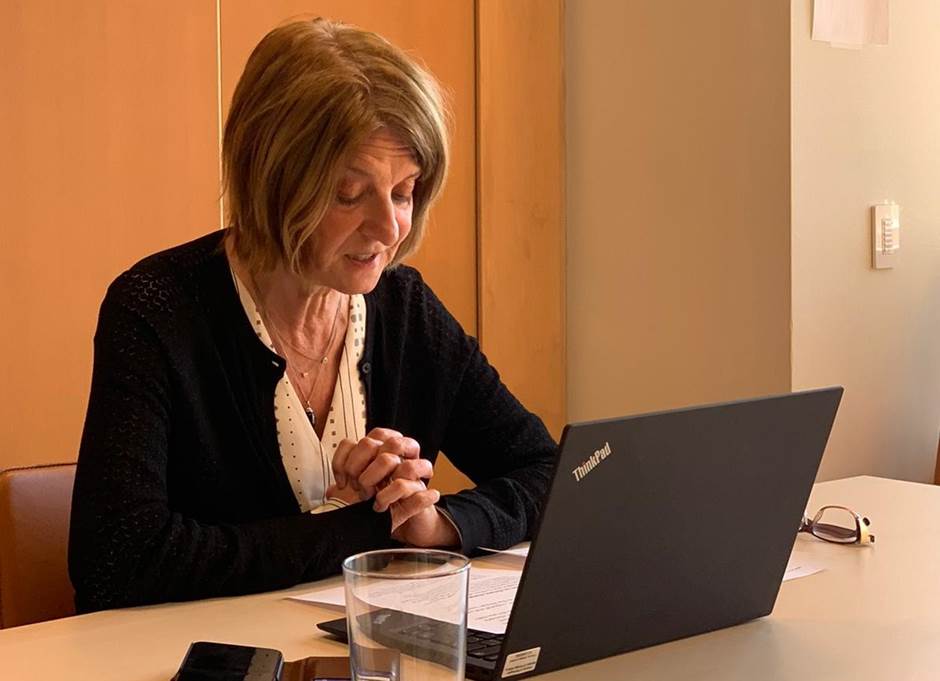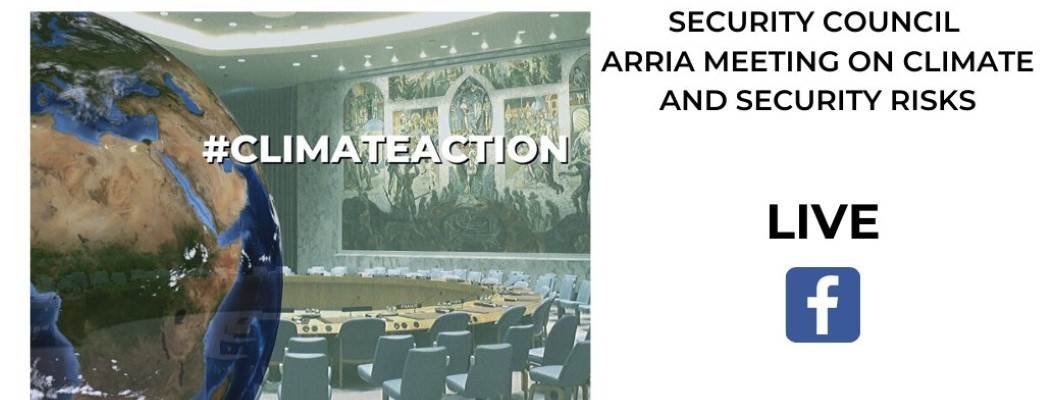On behalf of Denmark, Finland, Iceland, Sweden and my own country Norway, thank you to the co-host and briefers for setting the stage for our discussions.

Let me go straight to highlighting three areas:
First, the UN system should collaborate with relevant actors to jointly develop sound climate risk analyses and forecasts, including multi-hazard Early Warning and Response Systems, with clear recommendations for action. We should build on existing mechanisms, such as the Climate and Security Mechanism.
This will improve our understanding of climate risks, including level of exposure, the vulnerability and capacity of states and societies, and the interlinkages with displacement, inequality, gender and human rights, enabling us to act quickly and effectively.
Second, climate risk is at the core of the conflict prevention agenda. Member States, the Secretariat, the Security Council, and the leadership of UN missions and operations must factor in climate risks, and their peace and security impacts, in all conflict prevention and peacebuilding activities. The advisory role of the Peacebuilding Commission on climate risks should be enhanced.
Support to, and cooperation with, regional and sub-regional organizations, such as the African Union, should be strengthened.
Third, adaptation to climate change is greatly under-invested in fragile and conflict-affected states. Integrated responses to crisis and conflict, guided by human rights norms and principles, can break the cycle of short-term response and shift to long-term resilience. Women, civil society, and indigenous peoples are crucial change agents in this work.
Colleagues;
The climate-security nexus must be firmly placed on the UN’s agenda, including that of the Security Council. Climate change can lead to hard security challenges, but there are no hard security solutions.
Thank you.
